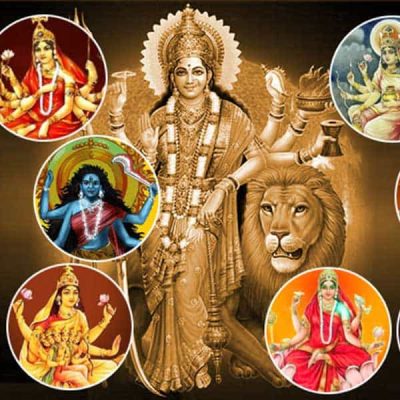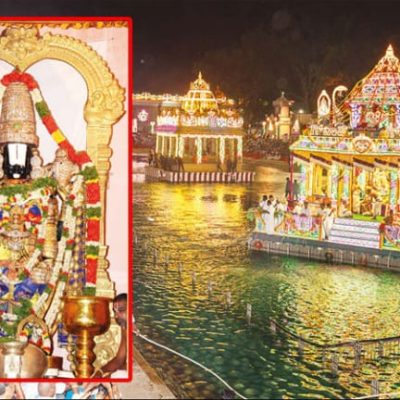Nanjangud Sri Nanjundeshwara Temple, Karnataka

Address
Nanjangud Sri Nanjundeshwara Temple, Nanjangud, Karnataka 571301
Deity
Nanjundeshwara Amman: Parvathi
Introduction
- Location: Nanjangud, Karnataka, on the right bank of the Kapila River, a tributary of the Kaveri. The temple is also known as the Nanjundeshwara Temple.
- Size: The temple complex covers 50,000 square feet, making it the largest temple in Karnataka. It measures 160 feet by 385 feet.
- Historical Significance: With a history of over 1000 years, the temple reflects various periods of Karnataka’s art history. It plays a central role in local festivals such as Chikka Jathra, Panchamaharathotsava, Maha Shivarathri, and Navarathri.
Puranic Significance:
- Foundation and Early Construction:
- Legend: Sage Gauthama is said to have laid the foundation by installing a Linga in the area.
- 9th Century: The Gangas constructed a small garbhagriha (sanctum sanctorum).
- 13th Century: Hoysala pillars and a dancing Ganpati statue were added.
- Vijayanagara Period: The Parvati and Narayana shrines were added, along with the main stucco shikara (spire).
- Later Contributions:
- 19th Century: The 9-storey Dravidian gopuram was built by Queen Devajammanni of Krishnaraja Wadiyar III in 1849.
- 1644: Dalavayi Vikramaraya constructed a tall stone bull in the temple complex.
- Tipu Sultan: Gifted an emerald green lingam after his elephant’s eye affliction was cured by Sri Nanjundeshvara.
- Mythological Accounts:
- Kesian Demon: According to legend, Lord Shiva destroyed a venomous demon, Kesian, at this site. The deity is named Nanjundeswara, meaning “one who destroys poison.”
- Sage Parasurama: Installed a Shiva Linga at this site, finding a bleeding Linga while clearing bushes. This led to the construction of the temple.
Beliefs:
- Sins and Illnesses: Devotees perform Panchamirtha abhishekam, offer betel leaves garlands, and do special pujas to eliminate sins and seek cures for ailments.
- Deity Names: Lord Nanjundeswara is also known as Srikanteswara, Vishakanta, and Nanjunda.
- Cures: The deity is believed to cure diseases and ailments, particularly those caused by poisonous bites.
Special Features:
- Gopuram:
- 1845: A 120-foot tall brick and mortar gopuram with seven tiers and seven gold-plated Kalasas (each about 10 feet tall) was added.
- Sculptures:
- Images: The prakara (outer courtyard) houses 122 images of Shiva, Ganpati, Saptamatrika, and other deities, crafted from stone and metal.
- Krishnaraja Wadiyar III: A stone sculpture of the king and his four wives, as well as a silver horse and two wooden chariots gifted by him, are part of the temple’s treasures.
Festivals:
- Rathotsava (Car Festival): Includes the ‘big Jathra’ and ‘chikka Jathra’ with chariot processions and cultural programs.
- Theppotsava: A colorful floating festival.
- Annual Chariot Festival: Traditional pujas are offered to five idols in different chariots: Lord Nanjundeshwara, Lord Ganapathi, Lord Subramanya, Lord Chandikeshwara, and Goddess Parvathi. The chariots are pulled by devotees throughout the town.
Century/Period/Age
9th century CE
Managed By
Archaeological Survey of India (ASI)
Nearest Bus Station
Chamarajnagar
Nearest Railway Station
Nanjungud
Nearest Airport
Mysuru





